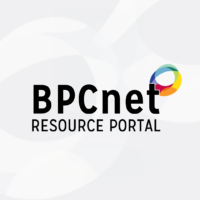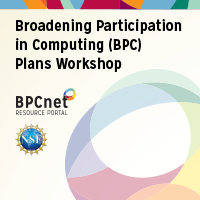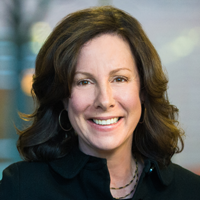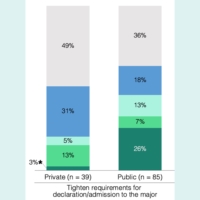
Carla Brodley to Speak at Upcoming BPC Community Forum: Identifying and Removing Institutional Barriers to BPC
By Andres Purpuro, Program Assistant, CERP Join us for the next BPCnet.org BPC Community Forum on Friday, November 1, at noon EST, for a discussion led by Carla Brodley, Executive Director, and Catherine Gill, Program Director, of the Center for Inclusive Computing (CIC). They will explore strategies to overcome institutional barriers in undergraduate computing programs. […]













